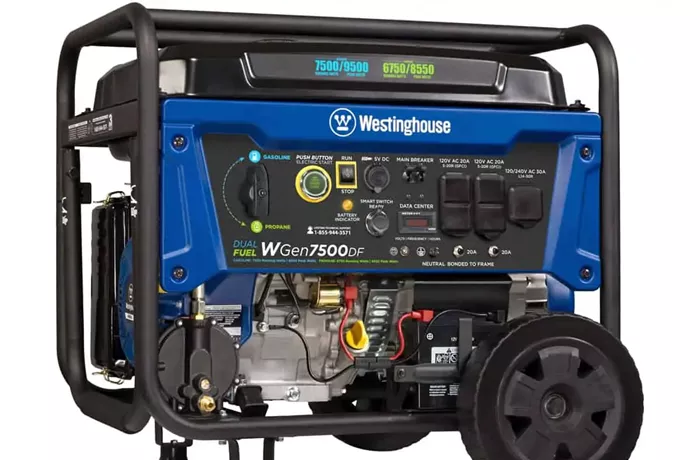Hyliion Holdings Corp. (NYSE: HYLN), a leader in electricity-generating technologies, has been awarded a Small Business Innovation Research (SBIR) contract by the U.S. Navy, marking a significant milestone for the company. Announced today, the contract launches the first phase of designing an advanced modular generator system tailored to the Navy’s specifications, leveraging Hyliion’s innovative KARNO™ generator technology.
This partnership will see Hyliion develop the KARNO generator into a megawatt-scale, modular power solution. The design is intended to be both flexible and scalable, meeting the diverse power needs of the Navy’s Unmanned Surface Vessel (USV) program. Hyliion plans to scale its existing 200-kilowatt KARNO gensets by combining multiple units to deliver the required power output.
Thomas Healy, Founder and CEO of Hyliion, expressed his enthusiasm about the SBIR contract, underscoring the KARNO generator’s potential to provide efficient, flexible, and low-maintenance power generation. Healy highlighted the company’s eagerness to support the Navy’s mission and explore higher power solutions for USVs.
The SBIR program, designed to stimulate scientific and technological advancements to enhance the national economy and defense capabilities, will focus on developing a highly reliable and efficient megawatt-scale generator. The N241-060 program aims to create a modular generator concept that incorporates smaller kilowatt-scale units into a compact, high-density package, capable of achieving 4,000 hours of maintenance-free operation in naval conditions.
Hyliion’s contract underscores its dedication to innovation and leadership in sustainable energy. The KARNO generator, which can operate on various fuels including NATO F-76, is engineered for maintenance-free operation with a hermetically sealed design. Utilizing advanced 3D metal printed components and proprietary technology, the KARNO generator promises clean electricity production with enhanced fuel efficiency, lower maintenance costs, and reduced emissions compared to traditional generators. It is also versatile, able to run on over 20 different fuels.
Related topics:
- DeWalt DXGNR7000: A Comprehensive Review
- 3 Best Dual Fuel Whole Home Generators
- Top 5 Mini Solar Generators

